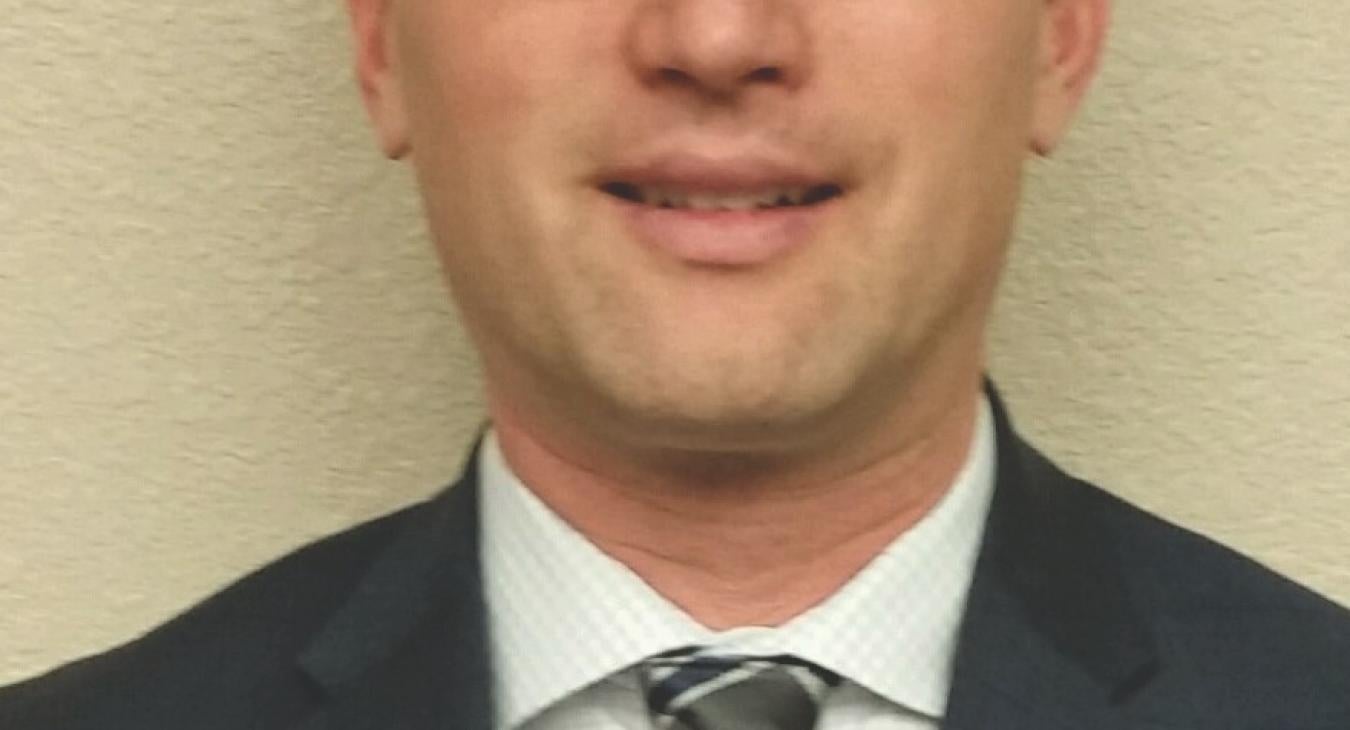By Jayson Bishop, Midwest Electric Cooperative Corporation general manager
Being from rural Nebraska, most of us are probably familiar with many different kinds of oversight boards. Many of you are probably on at least one board yourself, whether that’s the fair board, school board, Natural Resource District board, church board or any of dozens of others. Part of what makes rural America so strong is the dedication of the residents to working together for the betterment of the community.
But the role of a board varies significantly based on what kind of organization that board is tasked with overseeing. For a small organization – such as a fair board, church board or cemetery board – the board itself may be doing the lion’s share of the work. They have to do all the planning and organizing and then also be the ones who are putting that plan into action. For a larger organization – such as an NRD board, school board or the board of a cooperative or public power district – the board has more of an administrative function. It is the board’s responsibility to set the overall direction of the organization including hiring the top management, approving the budget, creating policies and setting the priorities to focus on while entrusting the execution and implementation of those directives to the management and employees.
The primary purpose of a board is to act as a trustee on behalf of the people they are elected to represent. Their main purpose is to make sure that decisions made and actions taken are in the best interests of the people the organization is tasked with serving. All other roles and responsibilities for the board should be a result of trying to accomplish that mission.
A board should be involved in planning the goals and objectives of the organization. That can involve immediate and short-term goals such as making decisions on specific issues and creating new policies or adjusting policies to new circumstances. And that also involves larger and more long-term goals as might be determined as part of a strategic plan or preparing for a large building project. Once the board makes those decisions and chooses the path for the organization, they should trust that the management and employees will carry out those directives while the board maintains oversight.
The board also needs to work to ensure that the organization has the resources it needs to accomplish those tasks. Electric cooperatives and public power districts are similar in that the primary source of funding is rates charged to members/customers, but they are different in that PPDs have bonding authority to acquire funding for large capital projects while cooperatives likely use loan funds. In either case, the board would need to select and approve the right mix of funding sources to meet the organization’s needs while complying with financial goals and maintaining a healthy financial position.
The most effective organizations have healthy relationship between a well-informed and involved board and management and employees who also have the best interests of the organization in mind as they seek to carry out direction of the board in an efficient and effective manner.

